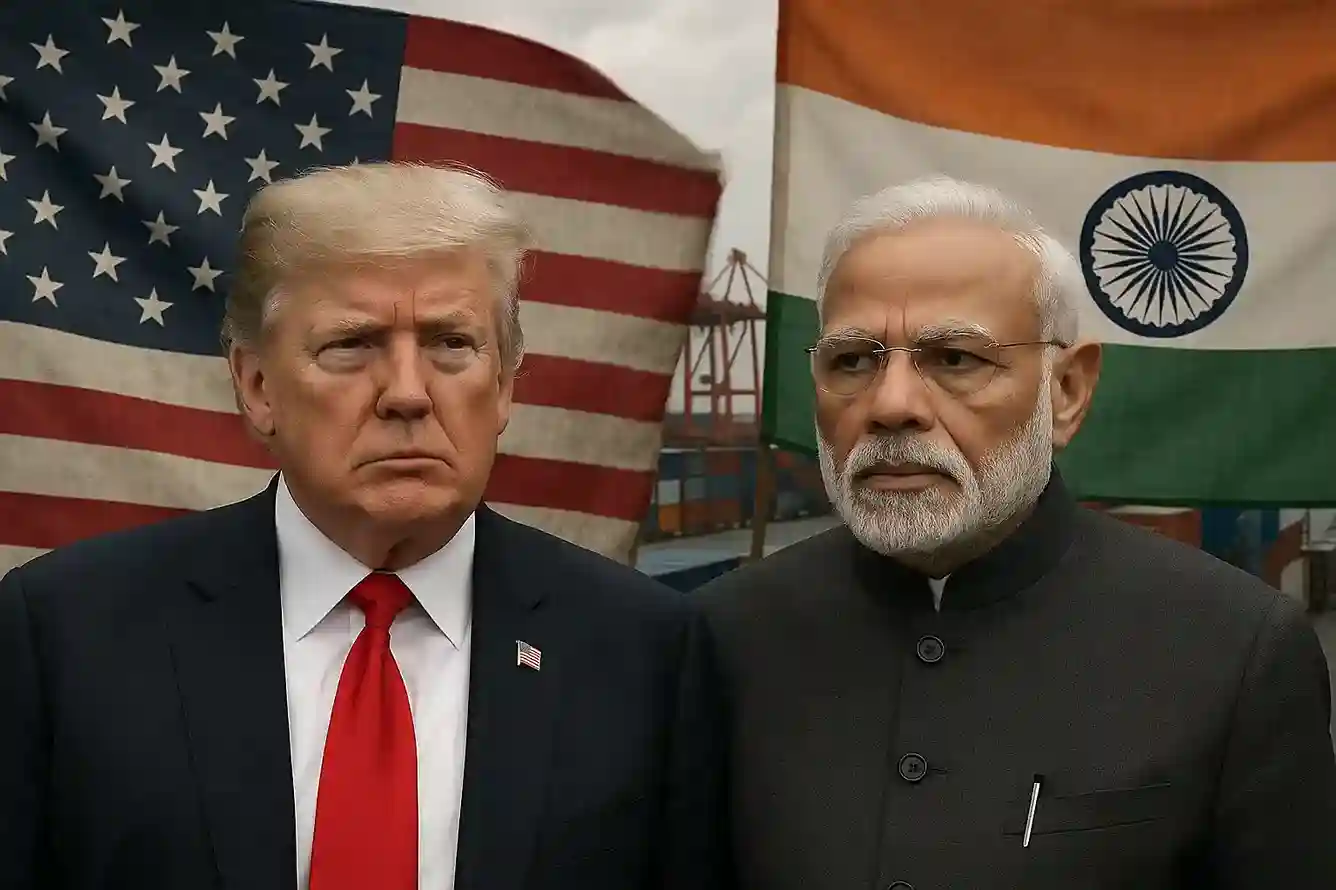Trade as a Weapon: How Trump's Tariffs on India Are Altering the Global Power Balance

Trade as a Weapon: How Trump's Tariffs on India Are Altering the Global Power Balance
The imposition of tariffs by the United States on Indian goods, a policy heavily favored by the Trump administration and continued in some form, is not merely an economic tactic. It represents a significant geopolitical maneuver that is subtly yet steadily reshaping the global power balance, forcing India to recalibrate its strategic partnerships and consider its alliances in a new light.
The premise behind the US tariffs has often been to address trade imbalances and protect American industries. However, the impact extends far beyond bilateral trade figures. These tariffs are being perceived by many in India as a pressure tactic, potentially undermining the traditionally strong relationship between the two democracies and compelling New Delhi to explore deeper engagements with other global powers.
The Strain on US-India Relations
For decades, the US and India have fostered a growing partnership based on shared democratic values and converging strategic interests, particularly in the Indo-Pacific. However, the trade friction caused by tariffs has introduced a noticeable strain. While security cooperation continues, the economic discord creates an undercurrent of uncertainty, potentially impacting the overall trajectory of the relationship. India, committed to its economic growth and the interests of its domestic industries, is compelled to seek avenues to mitigate the impact of these tariffs.
The Ripple Effect: Shifting Alliances
The trade pressure from the US is occurring at a time when the global geopolitical landscape is already in flux. It is within this context that India's engagement with other major players, such as China and Russia, takes on added significance. While India maintains a cautious approach to both nations due to its own strategic considerations, the US tariffs can inadvertently create space for deeper economic and, potentially, political engagements that might not have been as prominent otherwise.
India's long-standing partnership with Russia, particularly in defense, offers a reliable alternative for certain needs. Similarly, despite border tensions, the sheer volume of trade between India and China means that economic interdependence cannot be ignored. The US tariffs, by creating headwinds for Indian exports to America, might inadvertently push India to seek stronger economic ties within the Eurasian bloc.
A Rebalancing Act on the World Stage
The imposition of tariffs is more than just a trade dispute; it's a geopolitical gamble with far-reaching consequences. By using trade as a weapon, the US risks alienating partners and inadvertently pushing them towards alternative alignments. For India, a nation committed to its strategic autonomy and multi-alignment, the tariffs serve as a reminder of the volatility of relying heavily on any single partner. This forces India to actively pursue a balanced foreign policy, engaging with various powers to protect its economic and strategic interests in a world where the old certainties are being challenged. The long-term impact could be a subtle but significant redrawing of the global power balance, with India playing a more central and independent role.


